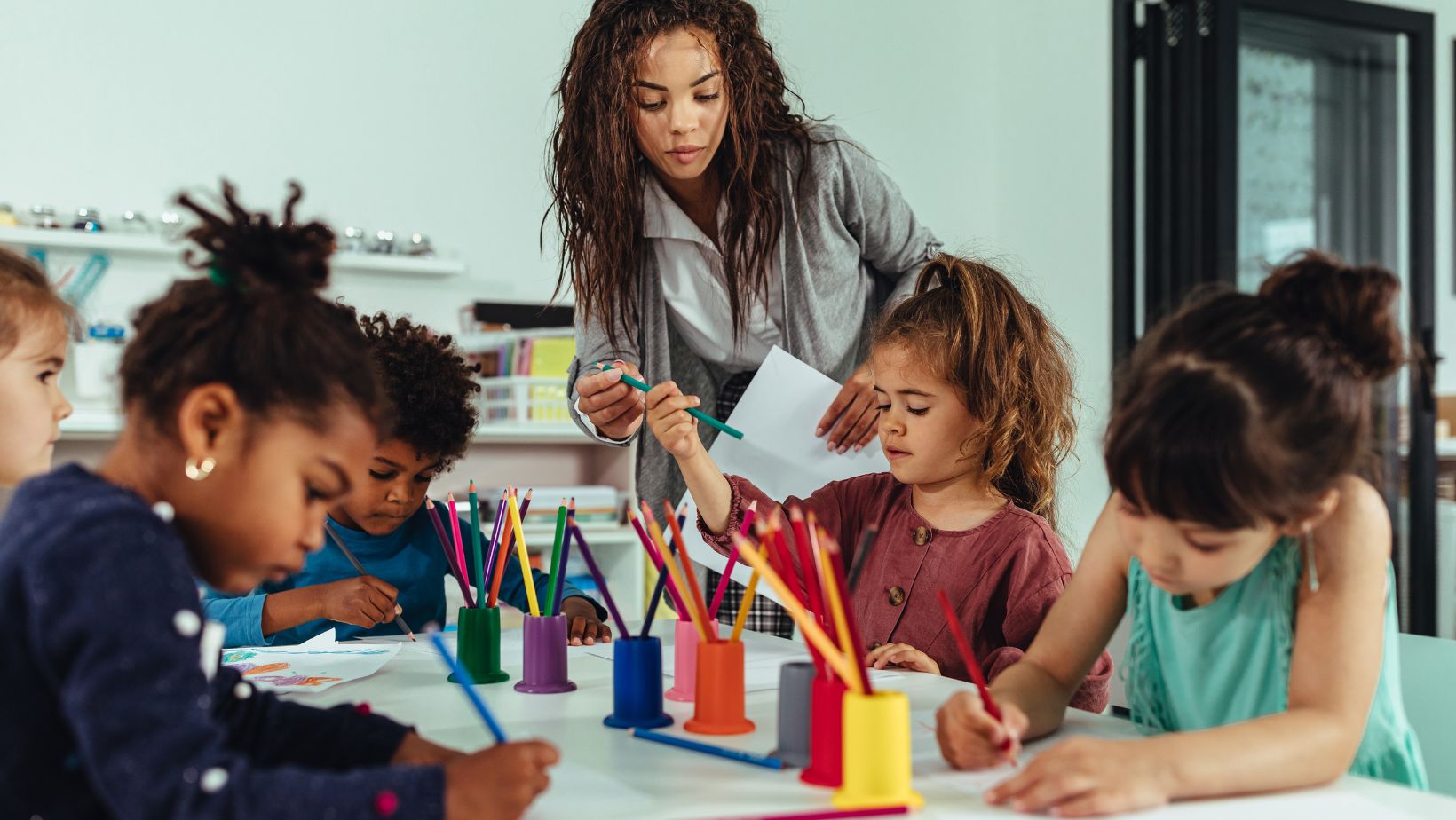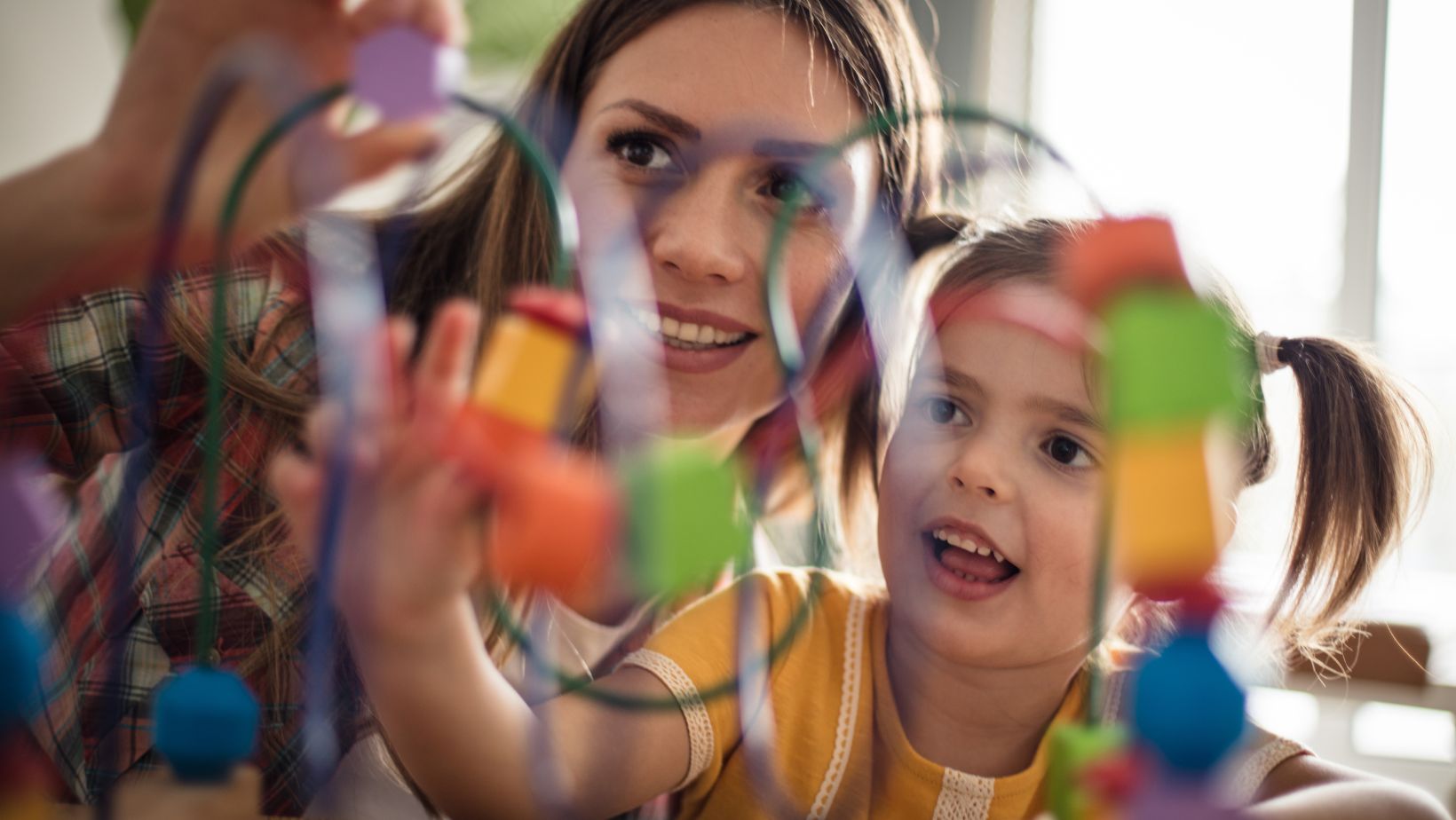Finding the right school for early childhood education can feel overwhelming. With so many options available, it’s crucial to identify programs that nurture young minds and foster a love for learning. I’ve explored various institutions to uncover the best schools that prioritize creativity, social skills, and emotional development in their curriculums.
In this article, I’ll share insights into the top schools that excel in early childhood education. Whether you’re a parent seeking the perfect fit for your little one or an educator looking to expand your knowledge, this guide will help you navigate the landscape of early education. Join me as we dive into the key features that make these schools stand out and how they lay the foundation for lifelong learning.
Key Takeaways
- Understanding Early Childhood Education (ECE): ECE focuses on critical developmental stages from birth to age eight, emphasizing cognitive, social, and emotional growth through play-based learning and creativity.
- Quality ECE Benefits: Engaging in quality early childhood programs leads to improved academic performance, higher graduation rates, and enhanced cognitive, social, emotional, and physical development.
- Key Evaluation Criteria for Schools: When selecting early childhood education schools, consider curriculum and teaching methods, faculty qualifications, and facilities and resources that support a nurturing learning environment.
- Curriculum and Teaching Approaches: Prioritize programs that use developmentally appropriate, play-based, and experiential learning methods, with an emphasis on social-emotional development.
- Importance of Qualified Educators: Teachers with degrees in early childhood education and ongoing professional development ensure high-quality instruction, while low teacher-to-student ratios facilitate personalized attention.
- Top Schools Highlighted: The article identifies five exemplary schools—ABC Academy, Bright Futures Preschool, Creative Minds Learning Center, Discovery World School, and Exploration Station—known for their innovative approaches to early education and commitment to holistic child development.
Best Schools for Early Childhood Education
 Early childhood education (ECE) focuses on the developmental stages of children from birth to age eight. This critical period shapes their cognitive, social, and emotional development. ECE programs emphasize creativity, play-based learning, and foundational skills while fostering a love for learning.
Early childhood education (ECE) focuses on the developmental stages of children from birth to age eight. This critical period shapes their cognitive, social, and emotional development. ECE programs emphasize creativity, play-based learning, and foundational skills while fostering a love for learning.
Quality ECE promotes several essential outcomes, including:
- Cognitive Development: Engaging activities stimulate critical thinking, problem-solving, and language skills.
- Social Skills: Interaction with peers and teachers cultivates cooperation, sharing, and conflict resolution.
- Emotional Growth: Programs encourage emotional regulation and self-awareness, supporting overall mental health.
- Physical Development: Structured play strengthens fine and gross motor skills, supporting coordination and overall health.
Research shows that quality early childhood programs lead to improved academic performance and higher graduation rates. According to the National Institute for Early Education Research, children who attend high-quality ECE significantly outperform their peers in the later years of education.
In selecting schools, it’s crucial to consider factors like curriculum, teacher qualifications, and class size. Parents and educators should prioritize environments that nurture development through rich, stimulating experiences. Focusing on these elements helps ensure children receive a robust educational foundation.
Criteria for Evaluating Schools
 Selecting the best early childhood education schools requires a thorough evaluation of several key criteria. I focus on curriculum and teaching methods, faculty qualifications, and facilities and resources, which play critical roles in a child’s learning experience.
Selecting the best early childhood education schools requires a thorough evaluation of several key criteria. I focus on curriculum and teaching methods, faculty qualifications, and facilities and resources, which play critical roles in a child’s learning experience.
Curriculum and Teaching Methods
I prioritize schools that offer developmentally appropriate curricula, emphasizing play-based and experiential learning. Effective programs utilize hands-on activities to foster creativity and problem-solving skills. Schools that incorporate diverse teaching methods, including inquiry-based and child-centered approaches, create engaging environments. Programs aligned with developmental standards, such as the Creative Curriculum or HighScope, demonstrate an understanding of children’s needs. Additionally, I look for schools that include social-emotional learning, which nurtures interpersonal skills and emotional health.
Faculty Qualifications
I consider faculty qualifications essential in evaluating early childhood education institutions. Teachers with degrees in early childhood education or related fields ensure that children receive quality instruction. Certification in specialized training, such as Montessori or Waldorf methods, enhances learning experiences. Ongoing professional development for educators keeps them current with best practices. I also value low teacher-to-student ratios, as smaller class sizes promote individualized attention and support, enhancing each child’s learning journey.
Facilities and Resources
I assess facilities and resources to determine a school’s commitment to providing enriching educational experiences. Age-appropriate classrooms should be safe, inviting, and designed for exploration. Outdoor spaces, such as play areas and gardens, foster physical activity and environmental awareness. Access to a variety of educational materials, including books, art supplies, and technology, supports diverse learning styles. I also take note of programs that involve parents and the community, as these partnerships strengthen the educational framework and provide holistic support for children’s development.
Top 5 Best Schools for Early Childhood Education
I identified five outstanding schools for early childhood education, each known for its commitment to developing young learners’ cognitive, social, and emotional skills. These institutions excel in providing environments that foster creativity and a love for learning.
School 1: Overview and Highlights
ABC Academy stands out for its innovative play-based curriculum, emphasizing hands-on learning experiences. The faculty consists of veteran educators with specialized training in childhood development. ABC Academy features spacious classrooms and an outdoor learning environment that encourages exploration and physical activity.
School 2: Overview and Highlights
Bright Futures Preschool offers a comprehensive curriculum designed to support emotional and social growth. Its small class sizes ensure individualized attention, allowing teachers to tailor learning experiences to each child’s needs. The school also hosts regular family workshops to foster community involvement and support learning at home.
School 3: Overview and Highlights
Creative Minds Learning Center focuses on integrating the arts into its curriculum, enhancing cognitive development through music, visual arts, and movement. The center’s staff includes certified educators committed to ongoing professional development. Facilities boast a library filled with diverse books and storytelling areas to encourage literacy from an early age.
School 4: Overview and Highlights
Discovery World School emphasizes inclusivity and diversity, offering programs that celebrate different cultures and backgrounds. The curriculum promotes core social skills through cooperative games and group projects. The school maintains a strong partnership with local community organizations, enriching the learning experience for all students.
School 5: Overview and Highlights
Exploration Station provides a rich learning environment with a strong focus on STEM education. Educators prioritize experiential learning, offering numerous hands-on activities related to science, technology, engineering, and mathematics. The facility features state-of-the-art resources, including interactive technology that engages young learners and promotes critical thinking skills.
Choosing the right early childhood education school is a vital step in setting the stage for a child’s future. I’ve shared insights on some of the best programs that truly prioritize creativity and emotional growth. Each school mentioned stands out for its unique approach to fostering a love for learning.
As parents and educators explore options, I encourage you to focus on environments that nurture development through engaging experiences. The right school can make a significant difference in a child’s early years, laying a strong foundation for lifelong learning and success.

